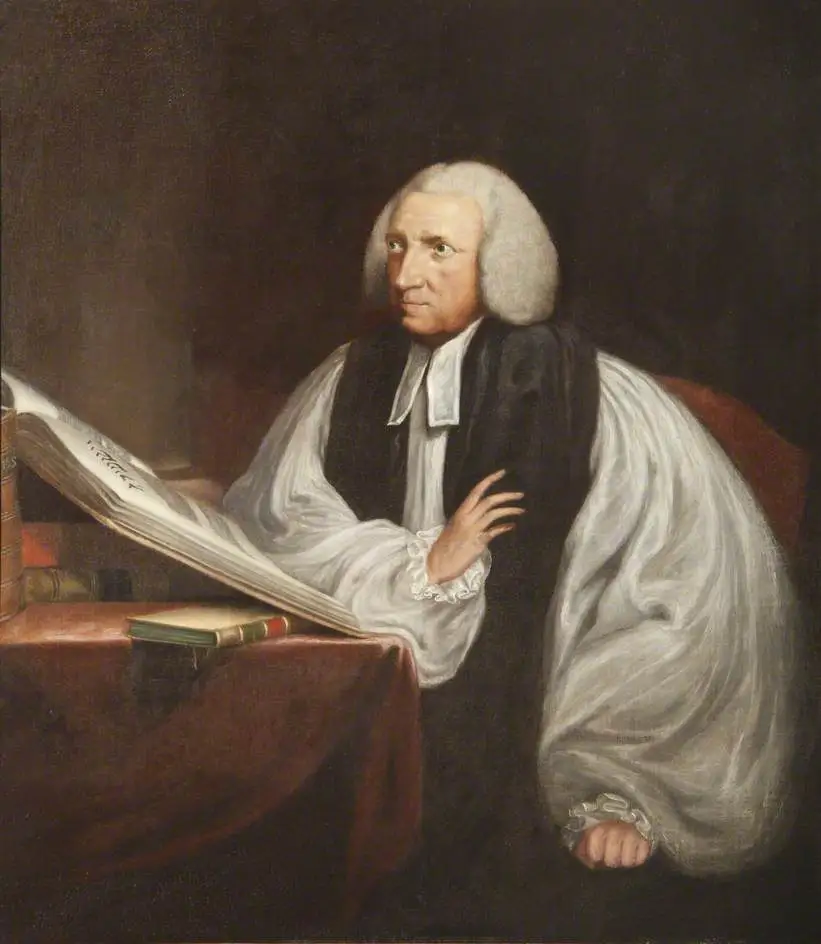LESSON 2.6
Cut Wordiness
Grades 1-3
Good writing is as complete as possible in the fewest words possible.
Task 2.6.1 – Small Group
Reduce the following without changing the meaning.
- Of all the things in the world that I can’t stand, the thing that I hate the most is boiled hot dogs.
- With a knife, cut some red tomato slices and add them to your sandwich, between the slices of bread.
- Valerie scrutinized her face carefully.
- He was a typical type of fraternity man.
- Richard has a consistently bad habit of not listening to what people are saying to him unless he is sure it will please him.

Task 2.6.2 – Small Group
Reduce the following without changing the meaning. In some cases, you will not end up with a sentence.
- In this essay, I would like to tell you about my father and mother.
- I bought the house for the purpose of giving myself a sense of belonging.
- I have decided that my consideration of making an application of employment with the railroad is a good one.
- If you ask me, I will answer in agreement.
- Sometimes I often think that I have a problem with falling asleep when I go to bed.
The Writing Jar
Writing is like a jar. You can put in facts or fat (extra words). But if you fill the jar with fat, then you cannot get in the facts.
Task 2.6.3 – Small Group
Reduce the following without changing the meaning.
- The queen realized that her life was not a carefree and spotless one.
- What I am trying to say is that no child should murder his grandmother without good reason.
- I heard on a news report on TV that Hurricane Constance is possibly heading here.

Transitions
Most transitions can be deleted unless the next information contradicts what went before. For example:
I ran a marathon in intense humidity, and as soon as I got home, my mother had me rearrange the furniture and mow our lawn, with is about half the size of a football field. Therefore, I was tired.
I ran a marathon in intense humidity, and as soon as I got home, my mother had me rearrange the furniture and mow our lawn, with is about half the size of a football field. I was tired.
Task 2.6.4 – Small Group
Reduce the following without changing the meaning.
The first thing I would like to say is that learning grammar often is difficult because of mistakes that a man named Bishop Robert Lowth made in 1762. Furthermore, since he was the bishop of London, people in power listened to him and thought his theories were correct. Therefore, for example, the people of London came to believe that, in English, two negatives make a positive. Moreover, they came to believe that sentences cannot be ended in a preposition.

Unnecessary Details
Beginning writers often put in unnecessary details. The result is that readers are treated as fools.
For example, let’s take the first three sentences of the paragraph below.
It was another very routine start to a two-week vacation. I definitely had no fixed plans other than simply flying to Denver. I knew Colorado was a fantastic state, and basically that is all I thought about as I settled into my assigned seat.
The reader knows Denver is in Colorado. “Colorado was a fantastic state” does not mean anything. The last half sentence is useless: It simply repeats the first half (which, again, says nothing), and it tells us that she is about to sit down in her assigned seat. All seats in airplanes are assigned. And that she is settling in is useless information.
Rewritten:
I was flying to Denver for a two-week vacation.
Or:
I was flying to Denver for a two-week vacation. I had no fixed plans.
That’s it!
Task 2.6.5 – Small Group
Delete excess words in the following without changing the meaning. Start with the rewrite above.
It was another very routine start to a two-week vacation. I definitely had no fixed plans other than simply flying to Denver. I knew Colorado was a fantastic state, and basically that is all I thought about as I settled into my assigned seat. As the aircraft door was about to be closed, a man walked in and occupied the vacant seat next to me. He mumbled something to me in an absolutely foreign accent. The departure was very uneventful. All we really did was try to kill time, but the book he was reading just attracted my interest: Cave Exploring in the USA. I certainly was curious and asked him if cave exploring interested him. That was when he explained, incredibly, that in France he was a professional cave explorer. After the dinner service ended we talked, and his stories of days underground were positively fascinating. Finally, he invited me to join him, and I quite happily accepted.
Delete Commonly Used Phrases
Many commonly used phrases such as the fact that usually can be deleted.
Wordy: The fact that she lost her temper at yesterday’s meeting is indicative of her problems here.
Reduced: She lost her temper at yesterday’s meeting.
Task 2.6.6 – Individual or Small Group
Delete extra words in the following sentences.
- It has been shown that Brand X usually outperforms Brand Y in sports commercials.
- It is recognized that Don Jones is a leader in motivational speaking.
- What is known as a hyperthesis is a statement that usually says What because Why.
- It is worthy to note that Crystal is a mother of six honor-roll students.
- What I first would like to say is that Harold Kranz has been my friend for five decades.
Task 2.6.7 – Individual or Small Group
Reduce the following.
- it is the intention of this writer to
- in the majority of cases
- at this point of time
- after the conclusion of
- can be in a position to
- in regard to
- in the event that
- in the very near future
- make a recommendation that
- of a confidential nature
- perform an analysis of
- absolutely perfect
- an honor and a privilege
- basic essentials
- first and foremost
- goals and objectives
- personal opinion
- in the year 1995
- true facts
- sincerely yours
Let Verbs Work for You
Verbs are sentences’ power words. Ernest Hemingway, generally considered the most influential writer of the twentieth century, called them “the muscle of language.” We can use them in three ways:

-
They create actions, and actions create reader interest.
- Inactive: A dog walked over a sand dune.
- Active: A dog came bounding over a sand dune.
-
They reduce wordiness.
- Wordy: Put the cookies in the oven. After putting the cookies in the oven, turn on the heat to 350 degrees Fahrenheit.
- Economical: Bake the cookies at 350°.
-
They add action to inanimate objects.
- Weak: The mountain was beautiful.
- Effective: The mountain rose into the dawn.
Noun-Verbs
One way to reduce wordiness is to use noun-verbs. A noun-verb is a noun being used as a verb:
John rode his bicycle from Oregon to Washington.
John bicycled from Oregon to Washington.
The game was put on television.
The game was televised.
The dogs chased a raccoon up a tree.
The dogs treed a raccoon.
Creating noun-verbs takes two steps:
- Find a noun
- Turn the noun into a verb.
For example: John put the fruit salad in the refrigerator.
Nouns in the sentence: John put the fruit salad in the refrigerator.
Can you use any of those to reduce the number of words?
John refrigerated the fruit salad.
Using nouns as verbs has two advantages:
- They reduce the number of words.
- They enable readers to see an action and an object at the same time.
Task 2.6.8 – Small Group
Use a noun-verb to shorten the following:
- I want you to put those papers into boxes.
- Jane was the chair of the basketball committee.
- Barry and Wendy played on the teeter-totter after school.
- Juanita put up wallpaper in her bedroom.
- John rode a jet-ski to Paradise Island.
